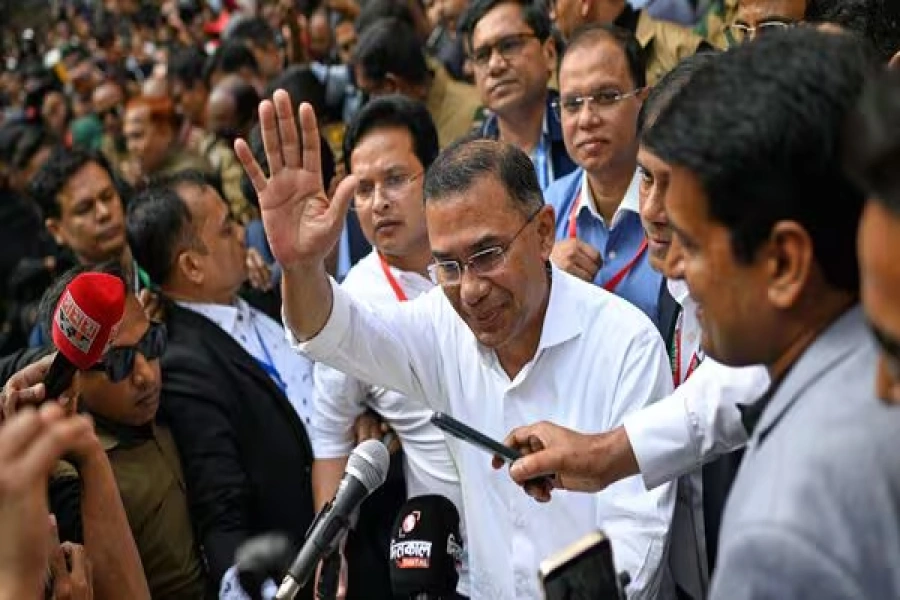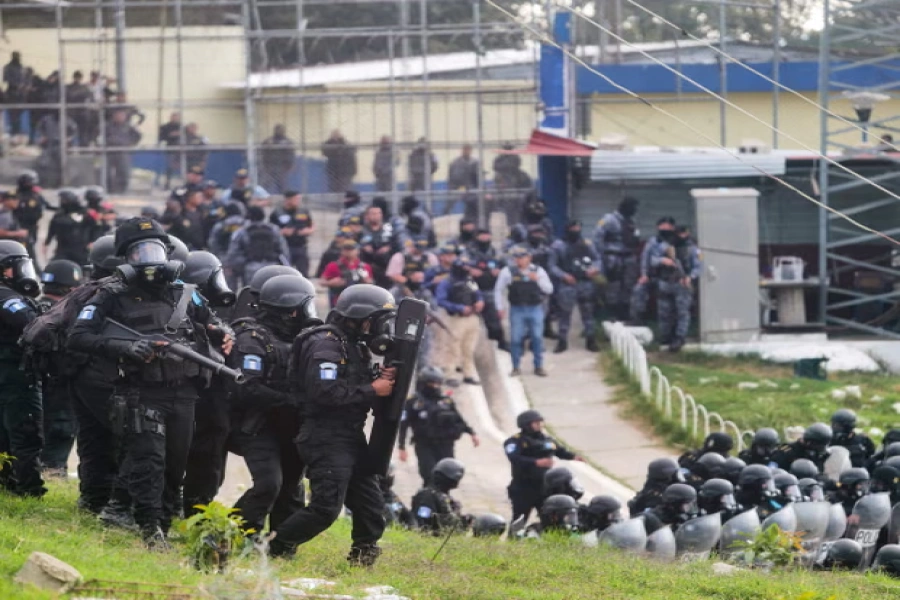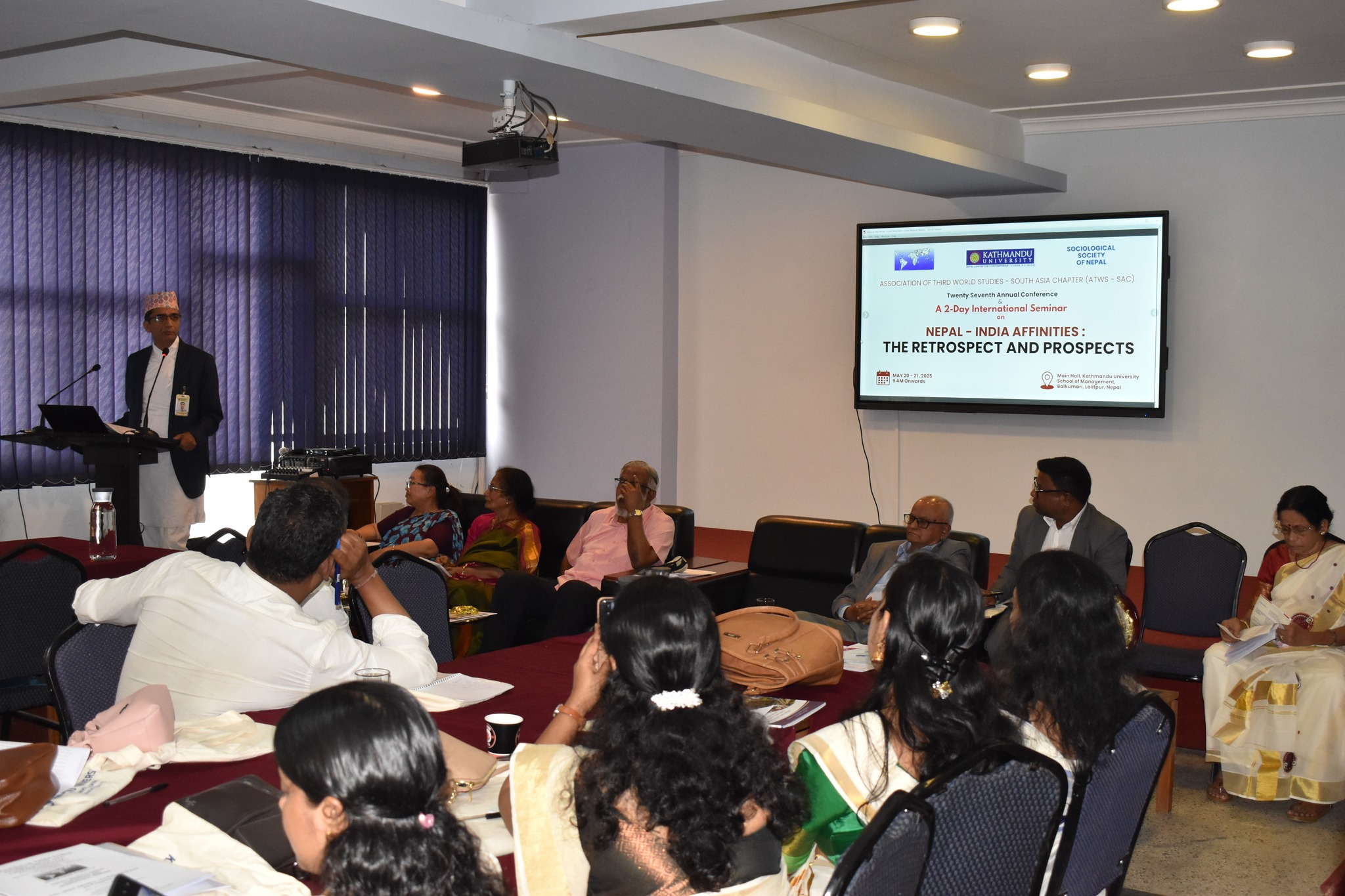Nepal should now explore “look north” policy alternatives for trade, technology, connectivity and financial integration
Experts warn that weaker economies are seldom left with limited choice of national interest if a hullabaloo prevails in political master’s mind to prove his ability in his given term in power. The government of K P Sharma Oli, they argue, has gone too far to embrace “nation’s external affairs with the neighbor to an extent that many divided opinions resonate dubious” and it will be too early to anticipate what Nepal will face in the future, remarkably with the initiatives and agreements related to Belt and Road Initiative (BRI), inland water ways and Kathmandu-Raxual railway of the land-locked Himalayan nation. In this piece we will analyse the latter part.
The audience was elated to hear the strategic opinion of homogeneous team of Indian think-tanks and politicians who underscored “bond of friendship on the basis of three Cs”—culture, connectivity and commerce—much convincingly during a program organized last week by one of the NGOs in Kathmandu: Asian Institute for Diplomacy and International Affairs. One of the speakers prescribed an unfamiliar “look south policy.”
After Oli’s visit to India in April, we were informed of two things: approaching train to Kathmandu and moving back and forth of consignments through water channels up to Indian Ocean. Both have been hailed as means to boosting our economy but the fear is also that they could have overarching effects in our national interest.
South Korea looking into reports about Kim Jong Un’s health

The article of Ram Madhav, General Secretary of Bharatiya Janata Party, published in The Hindustan Times on August 2 confirms afore-mentioned concerns that Nepal should now adopt. During the conference another speaker from Observer Research Foundation had emphasized that Nepal’s inland water ways were vital for her economic prosperity. When asked about feasibility, she said the study is yet to be done. Similar notion has now emerged for Himalayan sub-regional cooperation against the Trans-Himalayan Regional Cooperation seemingly to downgrade latter’s relevance where China is also a part. It is not difficult to discover why this schema has come at our doorstep challenging our international relations.
Interestingly, at least a decade ago, Nepal envisioned East-West Railway project was considered strategic for Nepal’s economic prosperity. The idea was floated by some foreign policy experts to create a scenario to ease the existing impediments of our economic prosperity. The proposal was discussed positively in Ministry of Foreign Affairs at an event organized to outline agenda for PM’s India visit.
It was as if people were stuck at each end of the country due to lack of proper transport system which had prevented them from reaching either side with their business consignment and therefore, a better transport system was required. Ironically, Nepal has trade only south-north and anything produced in eastern part is not necessarily required at the far-western part because with the general lay of the ground agricultural products there are also similar. Imported consignments mostly travel south-north only. Decoding national interests of neighbor is vital to adopt the strategic decision at national level. Decisions on strategic fields are not taken in haste.
The proposed waterway to provide the smooth movements of ships and cargo can only exist with a resolute joint agreement and special arrangements will be required to ensure perennial high volume of water in these canals of Gandak, Koshi and Karnali up to Ganges that can be used by barges and ships. The situation might emerge where the sovereignty of the resource cannot be determined by a single nation where the resource is invariably utilized for shipping, irrigation and drinking purpose that is demanded by agreements. At this moment, one cannot be sure whether these may or may not be the alternative to our existing land transport system and irrigation need in upper land. Undoubtedly, some security concerns will arise in the future. If the interests clash, intricate matters of inauguration of Kathmandu-Raxal railway connectivity and inland waterways could be a strong tool to weaken our national interests.
Learn from the past
Thus Nepal should learn lesson from its existential dependency to the south and now explore “look north” policy alternatives for trade, technology, connectivity and financial integration and reduce the dependency that has remained a major irritant to us for the past many years. The common people, however, should be cautious and find whether these are homegrown recommendations or part of a foreign design.
Nepali people should discuss and decide to adopt their policy that is crucial and suitable for Nepal’s geo-political setting commensurate with her long term economic ambitions.
This scribe fears that Nepal’s politico-economic roadmap might get stuck at a closed end street without finding a way out of such complexities where planners of a neighboring country will lead us there and leave us at a point where we remain stuck in a closed end street.
The author, former Spokesperson of Nepal Army, is Chief Executive Officer at Nepal Institute for Strategic Studies







































